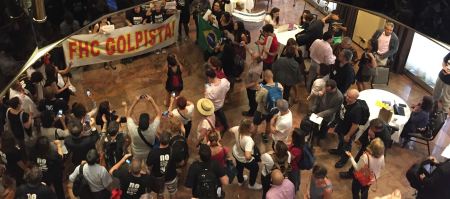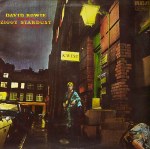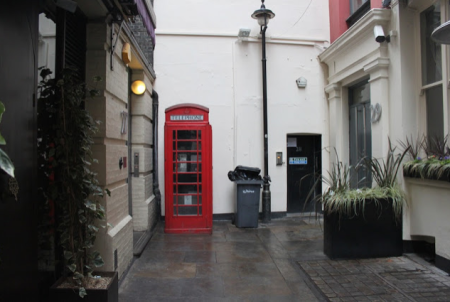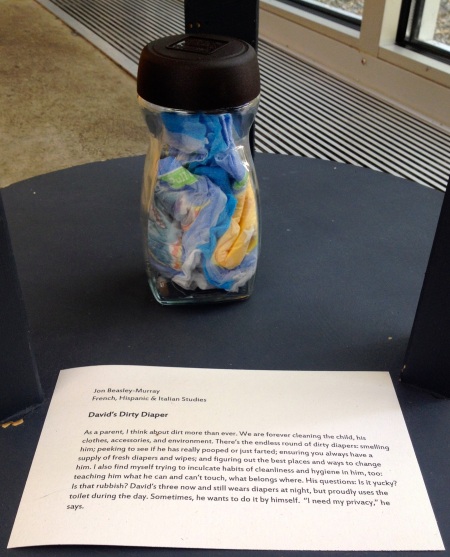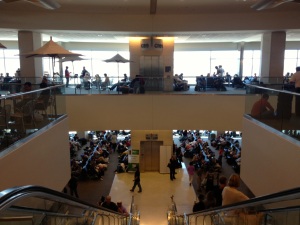It must have been late 1989 or early 1990 that I first met Jean Franco, the distinguished and pioneering Latin Americanist literary and cultural critic, who has just died at 98 years old.
I was taking a year out from my undergraduate degree, crossing the USA en route to Central America, and at the same time checking out universities to which I thought I might apply to do graduate work.
Finding myself in New York, I headed to Columbia, and made my way to the Department of English where I hoped to meet Edward Said, a founder of postcolonial studies. Professor Said was not available, I was told, but would I like to talk to Professor Franco, who co-taught with him on the MA program?
I remember next to nothing about that conversation, but I must have (presumptuously) left her something of mine to read, or posted it to her later, because the following year, when I was back in the UK, I received a postcard from her. She apologized for taking so long, but she had (amazingly) read whatever it was that I had written and offered some brief, polite comments on it.
It was only much later that I realized just who Jean Franco was: one of the first critics to put the study of Latin American literature on the map, at least in the English-speaking world, with books such as The Modern Culture of Latin America (1967) and An Introduction to Latin American Literature (1969), whose range of reference and erudition, but also enthusiasm and clarity, remain impressive even today.
Once I was in the United States (first at Milwaukee then in North Carolina), I would often pass through New York, where I would regularly (and again, presumptuously) call Jean up and we would go for a walk, a coffee, perhaps lunch. She was always and indefatigably hospitable and polite to me, this strange guy who periodically darkened her door.
Some years later, when I was teaching at the University of Manchester, I proposed Jean’s name for an honorary degree, and delightfully both the university and she agreed. It was a great pleasure for once to host her: I remember wandering with her through the center of Manchester, taking a break at the Royal Exchange café, and again chatting about who knows what.
Jean came from the North of England—if I remember right, from Dukinfield, on Tameside in the East of Manchester, near the edge of the Pennines—and retained a distinctive accent throughout her life. She did a BA and MA at the University of Manchester, and then somehow found herself in Latin America. I remember her recounting that—like Che Guevara—she was in Guatemala during the 1954 coup.
She then returned to the UK, where she did a PhD at the University of London and subsequently became the country’s first Professor of Latin American Literature at the then new (and radical) University of Essex, before moving across the Atlantic to Stanford and then Columbia.
Jean’s work continued to be pathbreaking across the decades, from her innovative study of gender and representation in Mexico, Plotting Women (1989), to her magisterial study of Latin America in the Cold War, The Decline and Fall of the Lettered City (2002) and her study of the violence of modernity on the periphery with Cruel Modernity (2013).
What I will remember above all, however, is someone with almost infinite time and generosity, even for a whippersnapper like me, with a great sense of humor and a cackle of a laugh, who was always prepared to take risks (literally, in that I’m told she was a fan of the tables at Las Vegas), but above all knew how to live.
I thought she was immortal. In many ways, she surely is.




